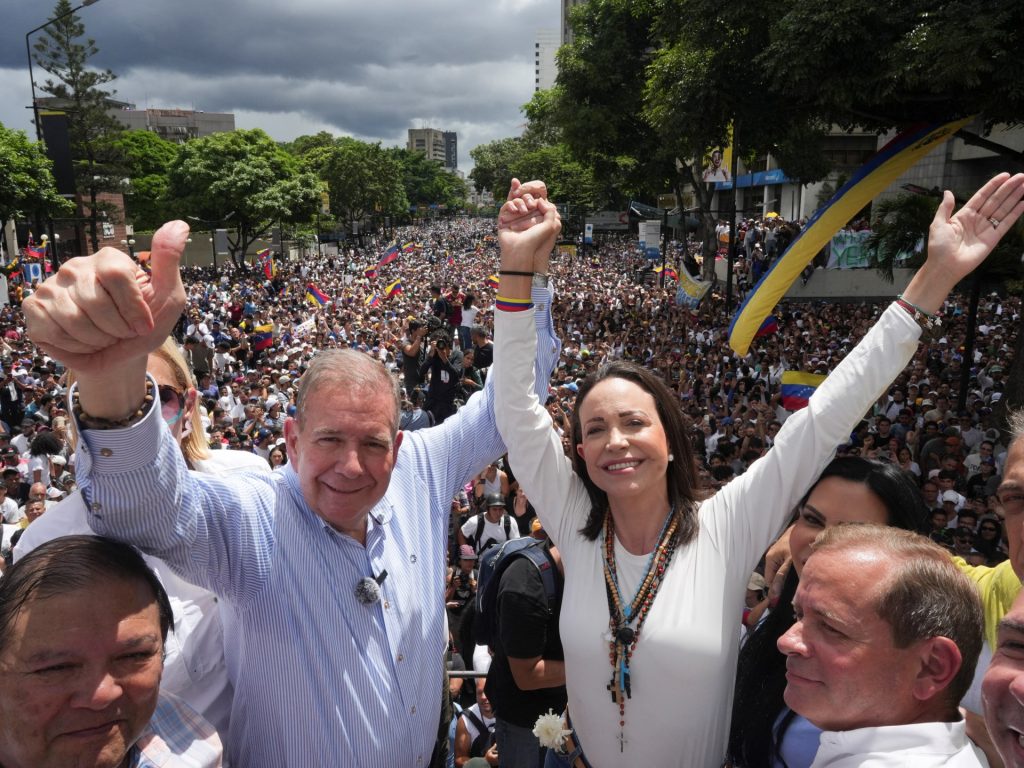Since the July election in Venezuela, political unrest has resulted in the deaths of at least 23 people in protests, with over 1,500 arrests documented by human rights groups. There is speculation that if President Maduro continues to lose popular support, the Venezuelan military may turn against him. Even the opposition’s presidential candidate has called on the security forces to fulfill their constitutional duties and not repress the people. Historically, the military has played a role in the downfall of past leaders, but experts believe that may be less likely in Maduro’s case as some military leaders may face prosecution without his protection.
According to Venezuela expert Gunson, if the military were to desert Maduro, his government could fall, but the high command is unlikely to do so in the near future as it would threaten their own positions. Despite recent reaffirmation of support for Maduro by the military, Gunson suggests that there may be divisions within the ranks. He points to widespread support for the opposition coalition among security forces and anecdotes of sympathy from members of the National Guard and police towards demonstrators. Over recent years, thousands of armed forces members have deserted, and many have left the country, indicating potential fractures within the military’s unity.
The strength of the opposition has provided hope for individuals like Tenreiro, who witnessed the fall of a past dictator over 60 years ago and wishes to see another authoritarian leader topple in her lifetime. The situation in Venezuela remains complex, with ongoing protests and political unrest challenging Maduro’s hold on power. The military’s continued support for the president, despite internal divisions and potential sympathies towards the opposition, raises questions about the future stability of his government. As the crisis unfolds, the role of the military and its allegiance to Maduro will be crucial in determining the country’s trajectory and the potential for political change.
The historical precedent of the military turning against leaders, as seen in the case of Perez Jimenez, offers a possibility for Maduro’s downfall if he loses support from key military figures. However, the current political landscape in Venezuela may not mirror past events, as the high command of the military appears to remain loyal to Maduro. The dissent within the ranks and reported sympathies towards the opposition from some security forces members suggest potential vulnerabilities within the military’s unity. As pressure mounts against Maduro’s government, the military’s stance and its willingness to maintain support for the president will be closely watched by both domestic and international observers.
While the Venezuelan military has reaffirmed its loyalty to Maduro amid the election crisis, experts believe that the possibility of internal divisions within the ranks could impact the president’s hold on power. The opposition’s continued strength and support from segments of the security forces indicate a potential shift in the political dynamics of the country. As protests and unrest persist in Venezuela, the role of the military in determining the fate of Maduro’s government remains uncertain. The coming weeks and months will be critical in understanding the military’s allegiance and its potential impact on the country’s political future.















